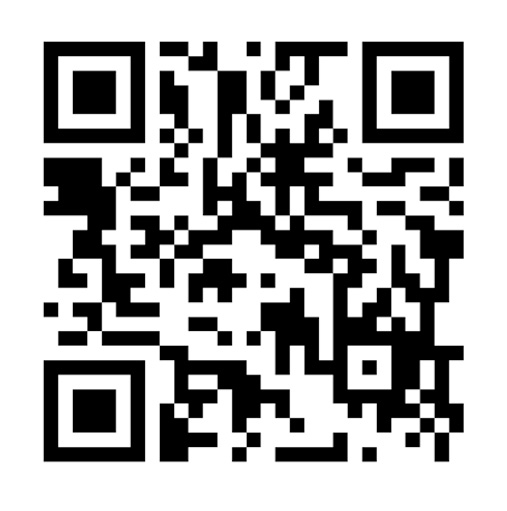How do Practice Tools and Mobile Game Help the Learners Improve their Skills in Automaticity of Basic Multiplication Facts?
The study looked into the experiences of students who went through an intervention program using practice tools (charts, flash cards, and board games) and a mobile app (multiplication table) during remedial time at Balabag Elementary School in Digos City Division. The study used an action research approach to explain the participants' reported observations and responses. The focal participants were nine grade five students who were struggling with fundamental multiplication concepts and scored the lowest on the pre-test. They were purposefully picked, and proper ethical concerns were respected throughout the investigation. Journals and records from the unstructured interview conducted during the program were used to learn about the accomplishments and obstacles encountered by individuals who attended the planned intervention program. The results of the post-test and teacher-made tests were recorded, and they revealed evidences of learning improvement by the participants. The qualitative material obtained was processed and presented in two collective themes. First, the difficulties faced show the participants' hesitance, their perception of numbers as tough, their limited attention or memory capacity, their attendance, their diverse processing abilities with the information, and their individual demands. The second topic, however, which is the success indicators, points to their active engagement, their loved learning process with the materials much more on the mobile game, their learning association with other courses, and self-realization to my role as a teacher. The key advocacy to be disseminated from school or at home is the integration of the intervention program necessary for optimizing the learners' potential in increasing their automaticity abilities in fundamental multiplication facts.





